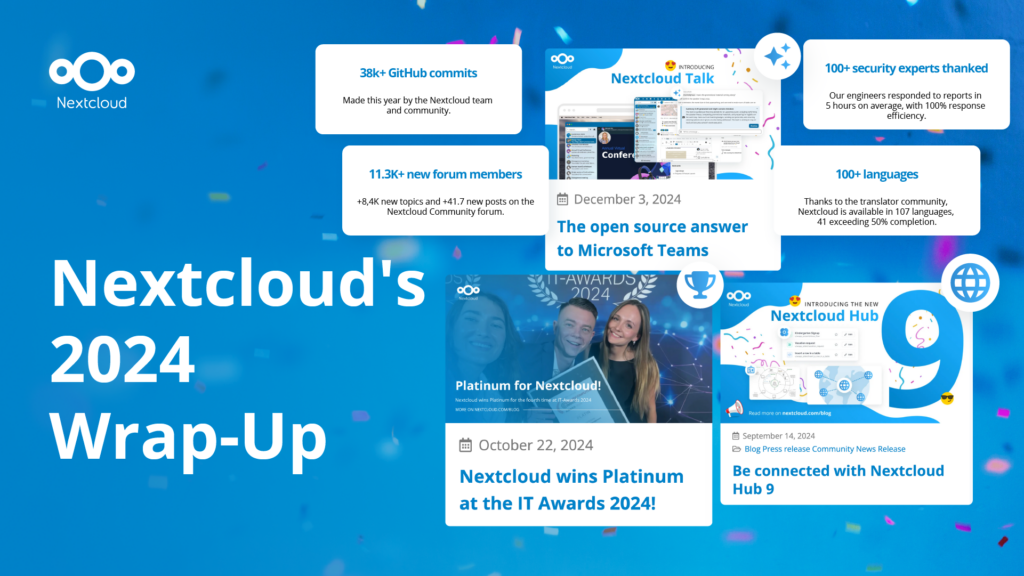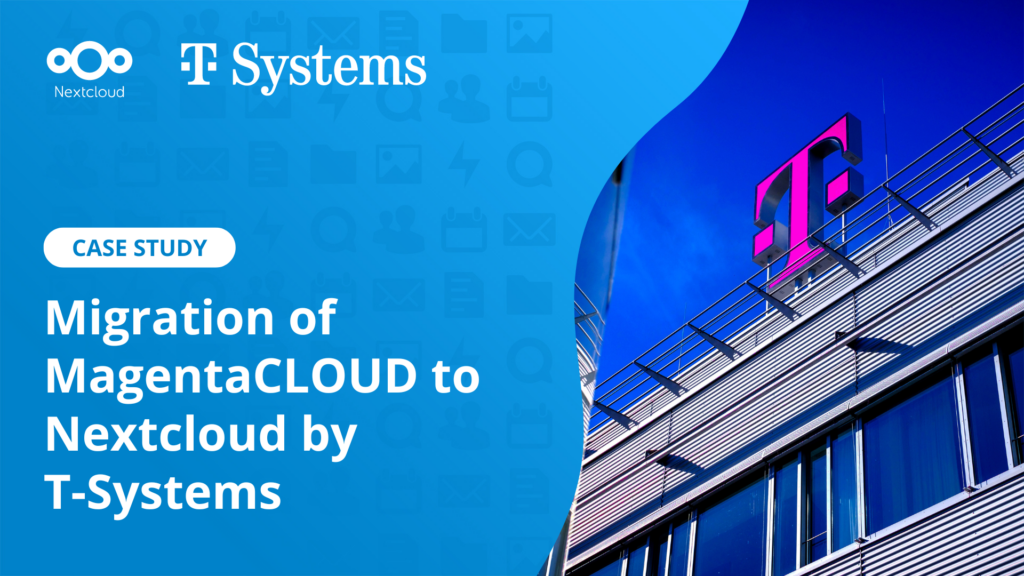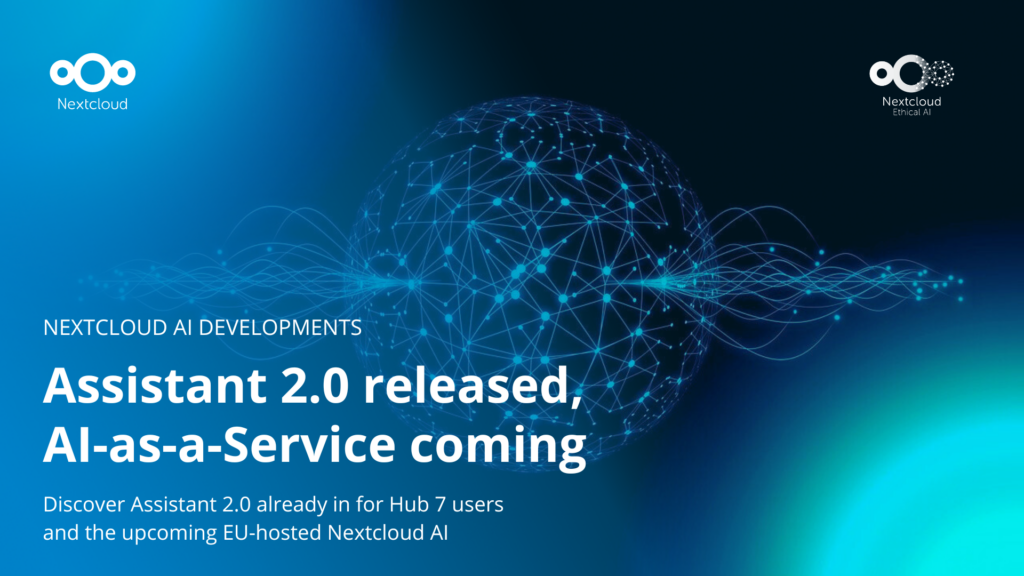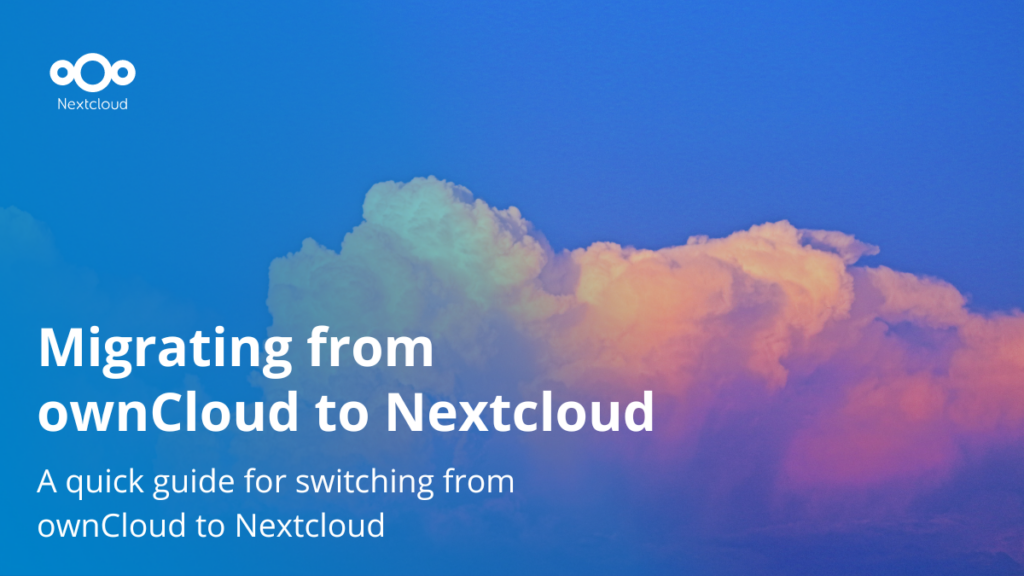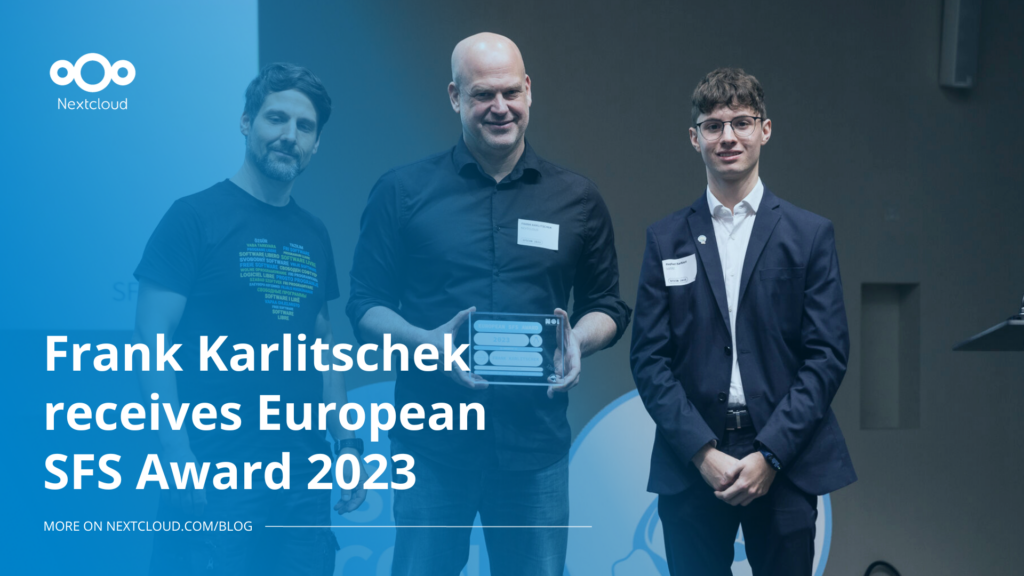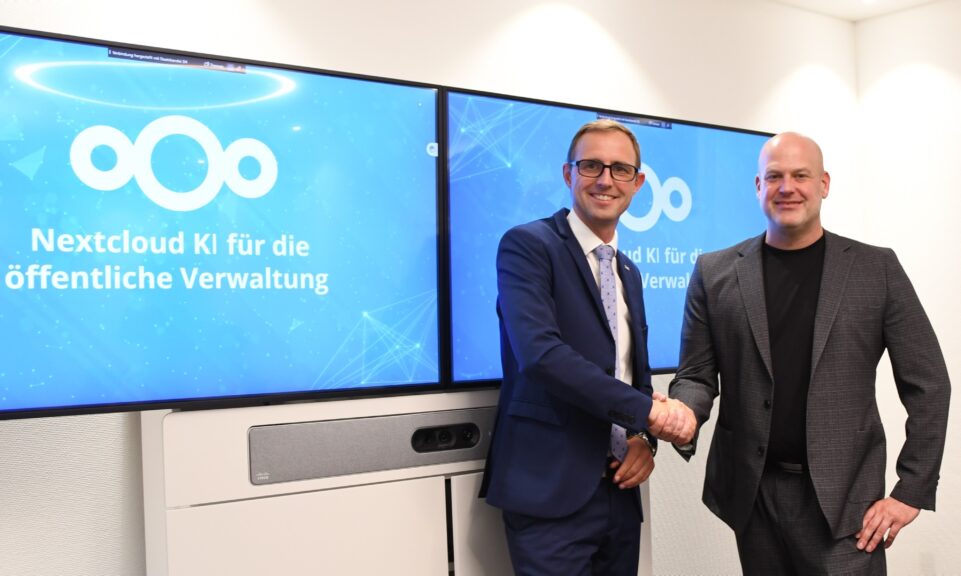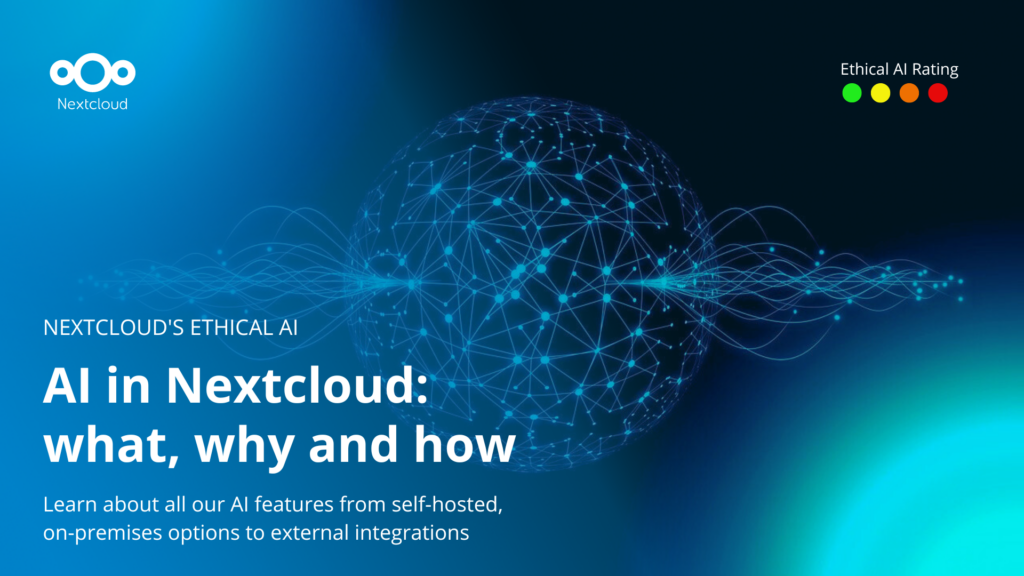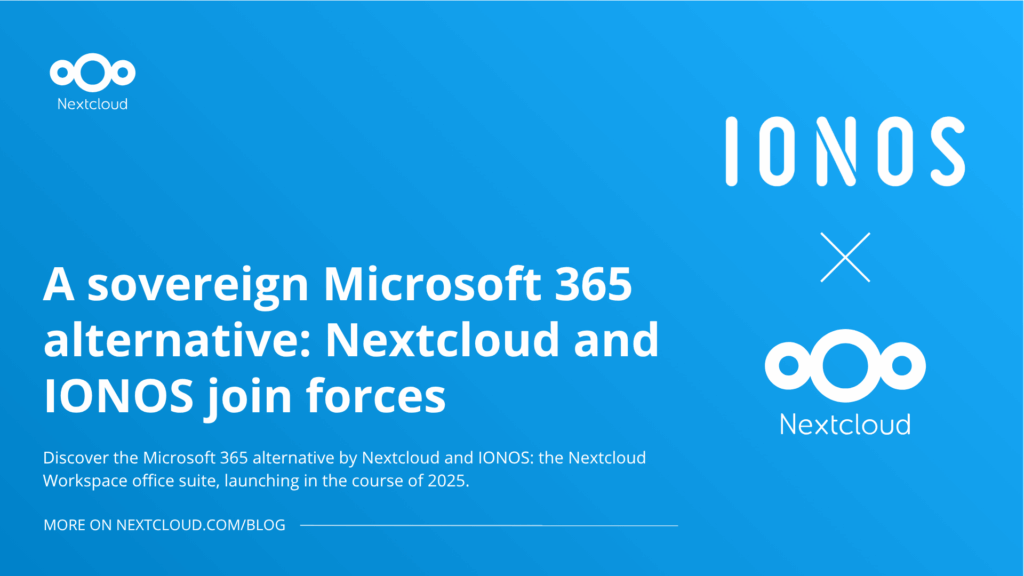OpenIO, the ideal storage technology to protect data on a Nextcloud platform, enabling collaboration at scale
Nextcloud customers have a choice between a wide variety of storage options. One particularly scalable one is OpenIO, and it has been tested and certified to work great with Nextcloud!
What is OpenIO
OpenIO is a software-defined open source object storage solution ideal for Big Data, HPC and AI. With its distributed grid architecture and unique self-learning technology, OpenIO scales easily without mandatory data rebalancing, while delivering consistent high performance. OpenIO is S3 compatible and can be deployed on premise or cloud-hosted, on any hardware needed.
OpenIO was founded in 2015 by Laurent Denel (CEO), Jean-François Smigielski (CTO) and four other co-founders, to offer an innovative, open source, software-defined object store that builds hyper-scalable, on premise storage infrastructures.
OpenIO’s mission it to enable companies and institutions to generate value from their data, so that data becomes the solution, not the problem.
Why OpenIO is a great choice for storage at scale
We are in a data-centric era. Organizations need to rethink the way they store and compute data, while keeping costs as low as possible. Not all companies want to outsource the storage of their most valuable asset. Or get locked into a storage system where they can’t choose the best hardware to scale, or where they would need to pay to repatriate their own data from a public cloud platform. Traditional storage infrastructures are not designed to cope with these new challenges. Open IO delivers instant scalability, consistent high performance and efficiency – features that are the foundation of a sustainable infrastructure, and are fundamental to supporting future storage and data processing needs.
When an organization wants to set up a Nextcloud platform, where each user has an account associated with a storage space, the question of data storage arises. In the case of an individual deploying a Nextcloud instance, for example on a NAS server, the storage is done locally on the disks of the machine, and the data can be protected by a RAID mechanism. This is called local or primary storage.
For a larger platform, intended to host hundreds or even tens of thousands of accounts and as many GB, as is the case for universities, multiple storage options become relevant. Besides the primary storage, for which OpenIO’s object storage can be used, there is also the ability to connect a variety of external storage solutions which can be shared with other infrastructure tools. For example, a business application can deposit data on or read data from a drive, which is then accessible by Nextcloud. External storage can be connected via different protocols, including the S3 API – this is where OpenIO’s object storage technology comes into play!
Advantages of OpenIO in the Nextcloud use case
There are many advantages to opting for OpenIO. Especially when it comes to the scalability of storage. The primary storage available from Nextcloud will sooner or later be constrained by the capacity of the application server chassis. An OpenIO cluster, on the other hand, is infinitely scalable, and the added resources are immediately available (this is what we call Instant Scaling).
Next, data protection. OpenIO supports data security via erasure coding (the software-operated equivalent of RAID), which is more efficient in terms of space consumption. And the platform administrator can fine-tune the desired level of protection. A storage solution like OpenIO is designed to be resilient, which means it’s tolerant to disk breakage, and to the loss of a server. OpenIO is also designed to absorb the load, both read and write, so that application servers hosting Nextcloud services are not slowed down when a large number of users upload or download files. All this ensures high data availability.
Finally, there’s also the question of controlling costs; a “software-defined” technology such as OpenIO makes it possible to operate standard servers at low cost. These can be on premise or at a cloud service provider. This allows customers to choose the geographical location of their data.
When the Nextcloud load peaks, OpenIO proves to be a natural choice: our technology set a performance record at the end of 2019, by breaking through the terabit per second write speed during the #TbpsChallenge.
For these reasons, several of our customers have chosen OpenIO as storage to deploy for Nextcloud platforms.
Also, responding to Cédric O, French Secretary of State for Digital Technology, and in partnership with BeeZim (open source solutions expert) and OVHcloud (European leader in cloud computing), OpenIO recently deployed a platform of this type. The platform Nextcloud + OpenIO was created to give teachers the possibility to share educational resources and to provide them with 100 GB (per account) of free storage space.










